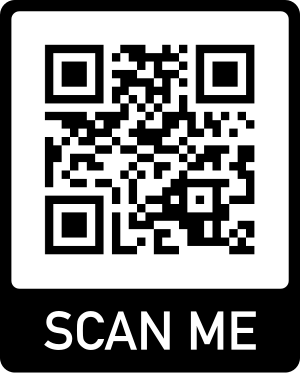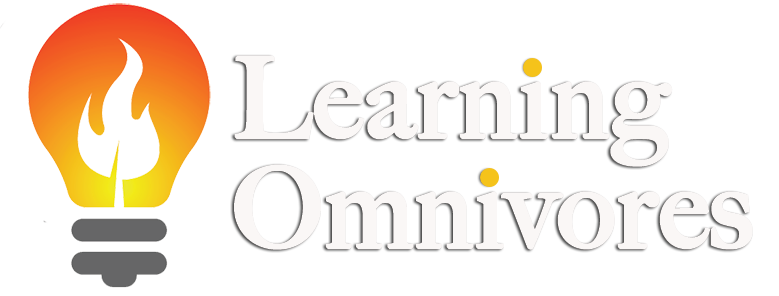Keeping Hope Alive
Doom Loop or HOPE: Your Choice
“Never deprive someone of hope. It may be all [they] has”.
Jackson Brown
This is an adaptation of a New Rule written a few years ago. See https://learningomnivores.com/rules/doom-loop-or-hope-your-choice/ for the original post.
These are very difficult times. Political differences, health issues, financial problems, and family concerns. Racial issues are causing most of us to re-examine our thoughts on equality, equity, and systemic racism. Many are asking, “Is positive change possible?” Answer: YES, and it takes effort and action on our part.
It is easy to go into the Doom Loop. In an article that appeared in Fast Company, 2004, the author noted that when things are not going well, many of us experience fear and anger. When hope fades, negative thoughts and feelings start occupying more of our attention and attitude.
When some event happens , we go into a response loop, and we get an outcome. Do this many times, and it becomes automatic. Think about a person close to you. They say something, maybe a complaint. You respond like you always do. Both walking away, not dealing with the issue but feeling unsatisfied. We can’t control the triggers in life.
What we can control is how we respond to challenges.
“The attitude that helps most with intense stress is not mindfulness. It’s HOPE. In hard times, it’s overwhelming to live only in the present. What brings strength is anticipating a brighter future. Resilience lies in remembering that today’s burdens may be lighter tomorrow.”
Adam Grant
As leaders the organization is watching every move we make. Leaders model what is the correct or negative response. Gottman’s research says it takes five positive interactions to counter one negative experience. Fredrickson, in her book Positivity, says it is three to one. Whatever the case, Bad is Stronger than Good. Hope is NOT a strategy yet without hope not much will change.
Here is an acronym for HOPE that may help to change our routines in combating negative thoughts or events that trigger emotions and behaviors.
H.O.P.E.
H – Honesty and Humility. Be honest about what is happening, the results that we are getting, and what we want to change. If we cannot take a ruthless assessment of reality, the chance of change is limited. Have humility to listen, learn, and lead actions that will get better results.
O – Optimism and Options. Martin Seligman, UPenn, has written extensively about Positive Psychology and Learned Optimism (1990). This is not happy talk. Talk to people you trust to see what they do in similar situations. Create multiple ways to get to a goal.
“If you always do what you always did, you will always get what you always got.”
Albert Einstein
P – Personal and Persisting. What can I do to help myself and others to find positive responses to long-term problems? Start with what you can do and enlist others to join you. We need allies and advocates. No more standing by, hoping things will get better, and giving no effort for change. Persisting with actions that will contribute to a more equitable education and community. Strong values require constancy of purpose.
E – Efficacy and Equity. Efficacy is the belief that we can make a difference and then take action to do something. As Ibram X. Kendi (2019) explained in his book How to Be an Antiracist, “One who is supporting an antiracist policy through their actions or expressing an antiracist idea.” If we want to change it, take actions to dismantle systemic biases and support what helps with equity. Change to make life better for all. Equity is NOT Equality.
“Treating unequals, equally is the most unequitable thing we do.”
Michael Grinder
A thought on equity. Equity is supporting people in what they need to be successful. This is different from equality where everyone gets the same. Too often, we confuse the two terms. If you haven’t noticed, people are different. We all come from different backgrounds, families, and circumstances. Not everyone needs or wants the same.
The organization, be it a classroom, department, school, district, or community, must have more than knowledge. Knowledge is important and insufficient. There must be actions that support diverse points of view and create conditions to communicate different ideas effectively. When we are listened to, taken seriously, and know that people have a genuine interest in your point of view, people’s hope will come alive and stay alive. Then, and only then, will those people contribute to the greater good.
Here’s the challenge. Do Something. Do one thing differently that will contribute to a positive outcome. I’ve seen the following quote attributed to several people.
“Memory grips the past, and hope grips the future.”
Scott Russell Sanders
Join me in gripping the future for better schools, communities, and our society. Never forget
“Never doubt that a small group of thoughtful, committed citizens can change the world; indeed, it’s the only thing that ever has.”
Margaret Mead
As Angeles Arrien said long ago: If your job is waking up the dead, GET UP, TODAY IS A WORKDAY
References:
Fast Company. (2004). Lessons from the Doom Loop
Goldsmith, Marshall. (2015). Triggers. New York: Crown
Kendi, Ibram X. (2019). How to be an Antiracist. New York: Penguin.
Sanders, Scott Russell. (1998). Hunting for Hope. New York: Penguin
Seligman, M. (1990). Learned optimism. New York: Alfred
www.learningomnivores.com for additional resources

